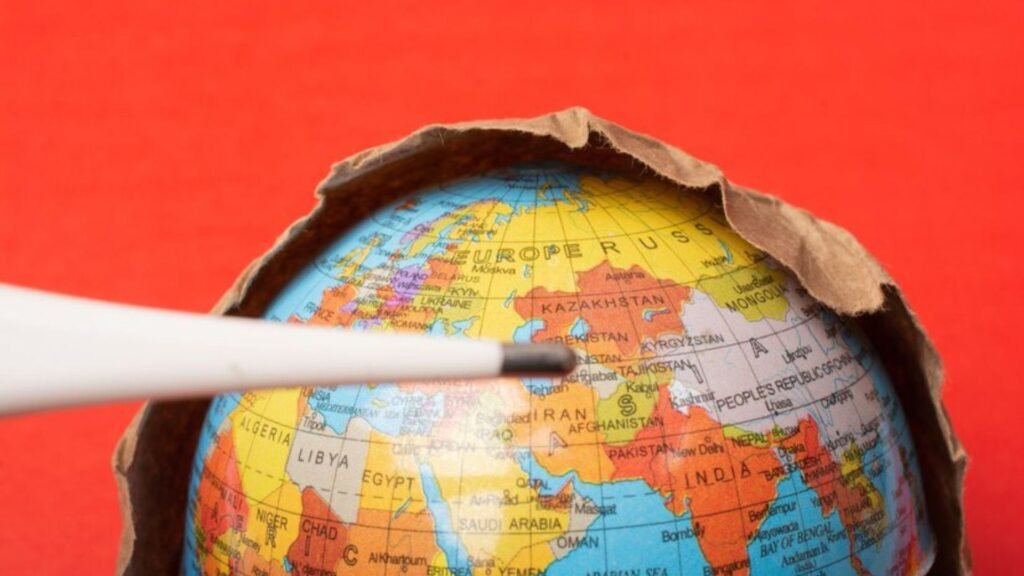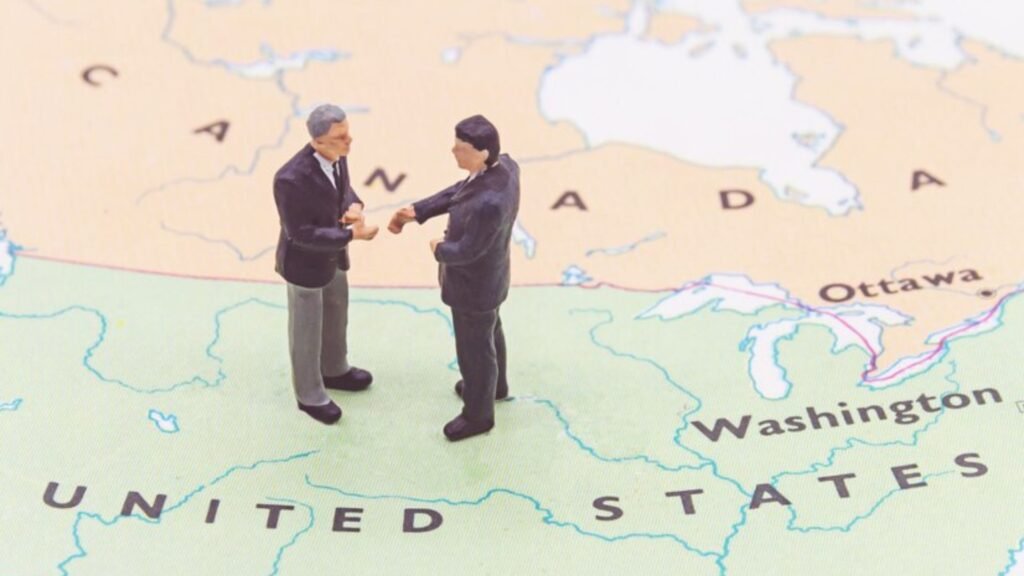- Get link
- X
- Other Apps
- Get link
- X
- Other Apps
International relations have traditionally played a significant role in wake-making on the world markets where the price changes of the vital commodities are normally sensitive to political events and turmoil. The Impact of Geopolitical Tensions, Specific examples include oil and gas, agricultural products, metals, which at one time have a stable price and at the next time their price can significantly increase due to the unfolding of crises in the international arena or changes in trade policies, or in the relations between countries of the first and second strategic significance.
As international business continues to integrate in the global market, even minor regional conflicts can have global impacts on all aspects of production and distribution cycles. The integration of the economy and dependence on the global markets for the delivery of commodities make it crucial for corporate, government, and financial entities, to grasp how volatility affects prices politically. Whether it is the war that actually affects the production of oil, sanctions that actually affect the metal export, or trade war that affects the export of farm produce, they all affect everyone both explicitly and implicitly.
The Impact of Geopolitical: Understanding Commodity Markets

CASH CROPS are basic influential products which movable and capable to be exchanged, embrace oil, metals, and grains. They are the building blocks of the global economy shaping industries, trade and consumer cost across the world. They have actual and posted prices which depend on such factors as supply and demand, political and geographical operations, climatic conditions and speculation in the global market.
Modern internationalization of markets a tightly linked process, and price changes in commodities can carry significant consequences transcending the sectors engaged in the purchase and sale of those commodities. For instance, higher oil price also raises the cost of transportation and production besides provoking further macroeconomic slowdowns in view of their impact to the expenditure of business and households. Likewise, availability of fluctuation in agricultural commodity prices can affect food security and result in changes in food consumption patterns, availability of fluctuation in metal prices can affect technology and construction industries.
Key Commodities Affected by Geopolitical Tensions:
- Energy: Crude oil, natural gas, coal and other types of energy are normally the most affected by shifts in geopolitical environment.
- Metals: Some of the metals includeGold, silver, copper, lithium and other industrial metals in the list known to cause prices to rise because of instability.
- Agricultural Products: It also means that the grains, oilseeds, and livestock prices may experience frequent shifts if the happening geopolitics disrupts supply.
Case Studies: Geopolitical Tensions and Commodity Price Movements

Using historical events of geopolitics one gains a perspective into how the commodity markets respond to certain global events. For instance, during the gulf war through which many oil exporting companies around the Middle East got affected, the oil prices shot to high heavens due to interruption of supplies in the region. Like the situation with the U.S.-China trade war that disrupted agricultural and metal markets by tariffs and trade limitations that make markets unpredictable. Newly the Russian invasion of Ukraine has provoked global energy crunch leading to a steep rise in oil and gas and even wheat prices showing the impact of geopolitical struggles.
They also build on China’s foreign policy experience to note how commodity markets can be highly sensitive to geopolitical processes, showing how events in one region can impact global markets. For example, crisis in major oil exporting countries such as Middle East or Eastern Europe causes sharp increase in prices not only in energy goods but also in many sectors which are energy intensive. Such actions trade wars or sanctions, have a domino impact concerning the prices of agricultural products as well as metals, targeting not only the affected countries but also the entire supply chain.
The Impact of Geopolitical: The Broader Economic Consequences of Geopolitical Instability

It is important to understand how the geopolitical tensions felt across this industry as we go deeper into the impact analysis of the commodity prices. Hikes cost in main goods have implications in economies and sectors in the global market. Depending on which raw material deemed as vital, ita price hike in today’s market forces manufacturers to increase their prices for products and services thus putting pressure on consumers’ disposable income. This in turn stated to reduce economic growth, especially in countries that significantly rely on import business.
As the cost of basic products increases it may reach a point where governments will forced to intervene through the art of subsidies or through regulation. However, these measures work hand in hand with corresponding sides of the coin including high public debts or low government revenues. Again some nations may opt to shut their economies from imports or export to reduce the effects of supply chain distortions hence enhancing further turbulence in the product prices of commodities. Secondly, the increased geopolitical risk kills investor appetite which forces them to rush to buy ‘Safe Haven’ such as gold thus fanning demand and consequently pushing up the prices.
Conclusion

The volatility in geopolitical relations poses a continuous threat to stability in commodity markets due to the nature that value necessarily intensifies or depreciates in response to changing global political platforms. As they say, the show must go on and it can only do so if the players governments, businesses, and investors understand the foreign politics of commodities and their prices. It easier for the stakeholders to informed most important global events that affect SCM, trade policies, in fact any event that affects the investor and make right decision that can hedge the risks and at the same take advantage of the opportunities.
Furthermore, strategic call which includes supply chain diversification, protection of commodity investments through hedging, and development of good and strong international relations will be very critical in mitigaging against more of such geopolitical risks. Through the analysis of political factors and the prediction of the outcomes of the pertaining shifts in the said fields, stakeholders can improve their future readjustment of their investments against incoming economic turbulence and ensure the steady result in growth of key commodity sectors’ profitability.
- Get link
- X
- Other Apps
Comments
Post a Comment